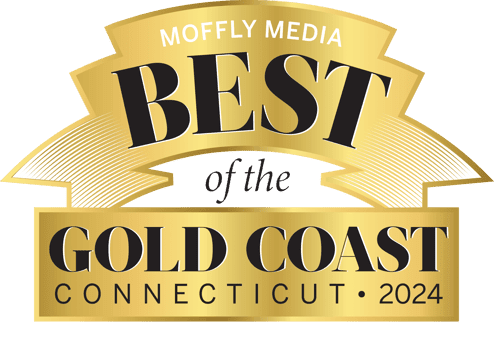May 26, 2020 Lynn Carnegie, Founder & CEO of Carnegie Prep, joined the Boston University, Union College and Rhodes College Admissions teams to discuss the college admissions process, the next admissions cycle, the relevance of testing, and college expectations for the Class of 2021 and beyond. The panel was moderated by Rich Avitabile of Steinbrecher Education Services, Westport, CT.
Panelists include:
- Kelly Walter, Associate VP for Enrollment, Boston University
- Lauren Sefton, Sr. Associate Director of Admissions, Rhodes College
- Ann Fleming Brown, Director of Admissions, Union College
- Lynn Carnegie, Founder and CEO, Carnegie Prep
- Meghan Lahey, Educational Consultant, Steinbrecher Education Services
- Moderator: Rich Avitabile, by Steinbrecher Education Services.
Among the topics of discussion was the true meaning behind “test-optional” schools. Kelly Walter reminded the audience that, “test optional only means that you have the choice. It doesn’t mean that everyone who is applying is doing so without standardized testing.” In more general terms, Ann Fleming-Brown reiterated that testing is an important part of the admissions process.
The panelists also spoke to summer enrichment and the importance of students making the most of their summer months, especially during this unprecedented time. Lynn Carnegie invoked a concept of “the holistic student,” and what it means to focus on students’ growth as both individuals and citizens of the world–beyond grades and test scores.
(Lynn Carnegie on the Holistic Student)
This was supported by Lauren Sefton’s assertion that Rhodes is re-orienting their interview process to get at how students are using this time to their full advantage, what kinds of self-reflection they are doing, and how they are building overall character and experience during this time.
For the 2020 Admissions cycle, the panel unanimously agreed that another key component is the student’s college essay. All three representatives from universities reinforced that the essay is an opportunity for the student to share information not otherwise known by reading the student’s application. Most illuminating was Ann Fleming-Brown’s reflection that she often sees students try to tell a single story, or continuous narrative throughout their application (e.g., why a student wants to be a doctor). What she wants to see, however, is something different: “I just think that people are so much more interesting than that. You should try, in these different sections, to tell slightly different stories about yourself, and to show the different facets that you have to bring forward.”
(Kelly Walters on how important the college essay is)
If you would like to watch a recording of the panel discussion, please click here.


